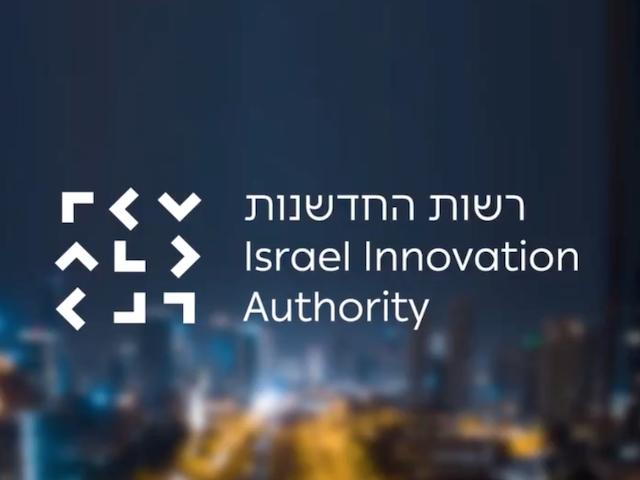In the midst of ongoing conflict with Hamas in Gaza, the Israel Innovation Authority (IIA) is spearheading a government initiative to bolster early-stage startups, signaling a robust commitment to sustaining the country's high-tech innovation landscape. Announced last November, this program is designed to facilitate initial capital acquisition for nascent startups through the engagement of private investors both within Israel and internationally. This approach encourages the formation of angel investor clubs, aimed at channeling funds into young, promising Israeli tech ventures.
The IIA has earmarked a 9 million-shekel fund specifically to back these angel investors, a strategic move to cultivate a thriving startup ecosystem. Eligible for this support are companies at various stages of development: pre-seed startups at the inception of their funding journey, seed-stage companies seeking to refine and develop their concepts, and Series A businesses entering the phase of equity sharing with investors. The application process is set to commence on March 4, with each category of applicants being offered a detailed webinar to navigate the funding landscape effectively.
For the international Innovation Day, we've decided to unleash our creative spark, using innovative AI engines.
— Israel Innovation Authority (@InnovationAutIL) February 16, 2024
We'll continue supporting the innovation ecosystem & provide the backing and infrastructure for its continued growth and advancement.
✨Happy Innovation Day to all 💡 pic.twitter.com/BAkeNLuGSh
This initiative is part of a broader 400 million-shekel endeavor launched last year to fortify the high-tech sector amid wartime challenges, including the mobilization of a significant portion of the workforce for emergency military service and the hesitancy of foreign investors to commit capital during periods of conflict.
The significance of the high-tech industry to Israel's economy cannot be overstated, with its contribution to the GDP standing at an impressive 18.1% in 2022. This figure not only marks the sector as the largest single contributor to the economy but also highlights a growth of over four percent from 2012. This growth trajectory starkly contrasts with that of the United States, where, despite a vast and mature high-tech sector, the industry's GDP share was 9.3% in 2021. The comparison underscores Israel's pronounced reliance on high-tech, a sector that has doubled its nominal output in a decade, escalating from 126 billion shekels in 2012 to 290 billion shekels in 2022. This trend suggests that high-tech may soon account for a fifth of Israel's GDP, further intensifying the nation's economic dependency on this dynamic sector.
Moreover, the high-tech industry was responsible for nearly half of all Israeli exports in 2022, with a total value of 71 billion dollars, marking a 107% growth over the last decade. This remarkable expansion is primarily attributed to the surge in high-tech services exports, such as software services, which more than tripled from 2012 to 2022. Although the export of high-tech commodities like microchips experienced more modest growth, the overall impact of high-tech on Israel's export economy is profound. Despite a slight decrease in its relative share in 2022 due to the recovery of other sectors post-Covid, the high-tech industry remains a cornerstone of Israel's economic strength and resilience.
My Full interview on @CNBC including how to think about the @MoodysInvSvc downgrade of Israel and why @aleph is investing a lot in Israeli innovation this time. pic.twitter.com/7HnqGcn0T7
— Michael Eisenberg (@mikeeisenberg) February 16, 2024
Through these initiatives and the continued support of the high-tech sector, Israel affirms its commitment to innovation and economic sustainability, even in times of conflict. This strategic investment in early-stage startups not only fosters technological advancement but also ensures the long-term vitality of the Israeli economy, reinforcing its position as a global leader in high-tech innovation.


